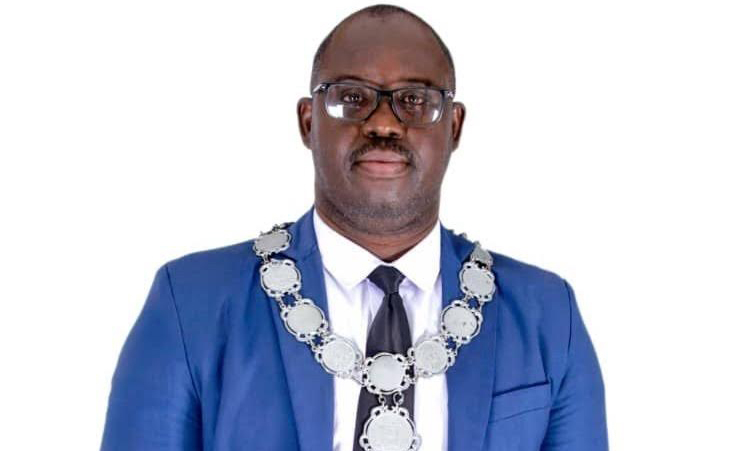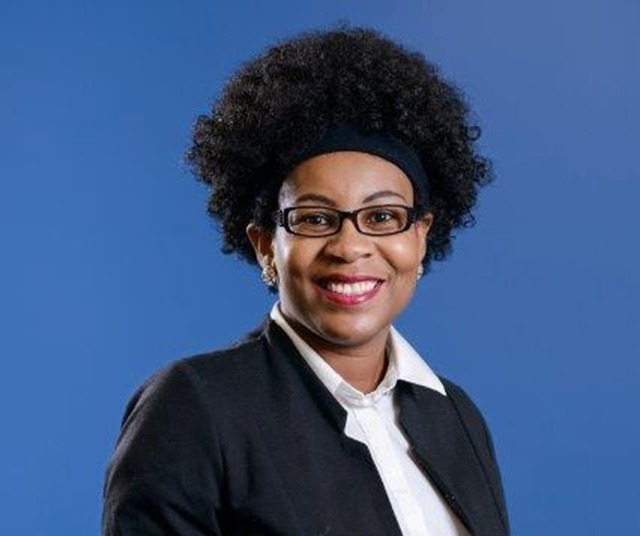More groups have come forward to challenge the “unjust and criminal liability” of commercial banks in the repossession of homes from struggling homeowners.
This comes in the wake of a letter sent to the Bank of Namibia by Metcalfe-Beukes Attorneys, acting on behalf of numerous home loan holders who have defaulted on their loans.
In an earlier communication with The Namibian, the deputy sheriff of Windhoek, Manfred Hennis, said on a weekly basis about 10 houses are listed for attachment, of which between one and three are sold.
“Once a property has been listed for attachment, it takes about three months for the bank and their client to come to a payment agreement. We only step in to sell the property if an agreement has not been made after the date of the attachment,” Hennis said.
‘IMPORTANT STEP’
Black Business Leadership Network of Namibia (BBLNN) president Irene Simeon-Kurtz says the legal profession getting involved in challenging repossession laws is an important step in the long battle for openness regarding bank repossessions.
“You can’t apply normal rules during an economic crisis. Like it or not, the Covid-19 pandemic and economic downturn messed everything up. I am truly proud that the legal fraternity is now openly challenging these injustices,” she says. Simeon-Kurtz says most people cannot afford lawyers to fight banks regarding repossessions.
“Most of these properties are lost due to the accumulation of interest, not by their own doing.” she says.
According to data from the Bank of Namibia, Namibian households on average spend at least 17,8% of their income on servicing loans from banking institutions.
Commercial banks have repossessed unsold residential properties valued at N$251 million in the past five years until the end of June last year.
Simeon-Kurtz says as market forces continue to put households under severe pressure, it is becoming increasingly difficult for homeowners to keep up with mortgage payments.
Toni Hancox, the director of the Legal Assistance Centre, has called on the courts to consider whether homes being put up for sale are individuals’ primary residences.
She refers to a High Court case in March, in which Standard Bank Namibia sued Ricardo Matias Goagoseb for failing to make payments on a mortgage bond.
According to court documents, Goagoseb fell into arrears of approximately N$400 000 despite consistently paying monthly instalments as agreed on with the bank, and was unable to secure additional finance due to being listed with the credit bureau.
However, the court found that other viable and less drastic measures were available, such as debt restructuring, and dismissed the bank’s application for a sale in execution.
‘HUMAN DIGNITY’
“Particularly when Covid-19 was such an issue for people, with many losing jobs, there should be latitude from the banks.
Ultimately, in Chapter 3, article 8 of our Constitution, we speak of the right to human dignity, and surely adequate housing has to be part of that,” Hancox says.
Last week, Metcalfe Beukes Attorneys sent a letter to the central bank appealing for action to be taken to prevent commercial banks from exploiting vulnerable homeowners.
The lawyers highlighted the fact that commercial banks pay astronomical legal fees to their legal practitioners to take homes away from decent and hardworking homeowners, while many of these individuals cannot afford legal representation to defend themselves in court.
“Such clients are subjected to the humiliation of having their homes taken away by commercial banks without any mercy through High Court proceedings,” the lawyers wrote.
They said these clients become economic outcasts as they are blacklisted.
The Bank of Namibia has extended relief measures until April 2024 to assist homeowners affected by the pandemic, however, the lawyers said commercial banks are only paying lip service to these measures.
Calls have been made to implement a similar programme to South Africa’s Standard Bank, called ‘EasySell’, which assists homeowners experiencing repayment difficulties.
This initiative does not require lawyers, and any shortfall is financed by the bank at zero interest for payment over a period of 10 years after a proper market-related selling price has been obtained for the home loan debtor’s property.
Last year, the Ministry of Justice announced it would propose legislative and administrative reforms on primary homes being sold in execution of judgement.
Bankers Association of Namibia chief executive officer Brian Katjaerua said they will only pronounce themselves after the BoN officially responds and engages them on the issue.
CENTRAL BANK ‘CONCERNED’
Meanwhile, the Bank of Namibia (BoN) has expressed concern over non-performing loans and foreclosures, citing potential risks to the country’s financial stability.
BoN spokesperson Kazembire Zemburuka says according to Namibian civil and contractual law, banking institutions can take the necessary legal action to recover owed loans, which may include the foreclosure process.
He says the central bank welcomes any intervention from the justice ministry or other stakeholders to address these concerns.
“Given the involvement of courts, such matters cannot be interfered with by the bank as a regulator and supervisory authority, as any interference would amount to the bank being in contempt of a court order and/or the bank being liable for interfering and/or defeating the course of justice,” Zemburuka says.
Stay informed with The Namibian – your source for credible journalism. Get in-depth reporting and opinions for
only N$85 a month. Invest in journalism, invest in democracy –
Subscribe Now!






